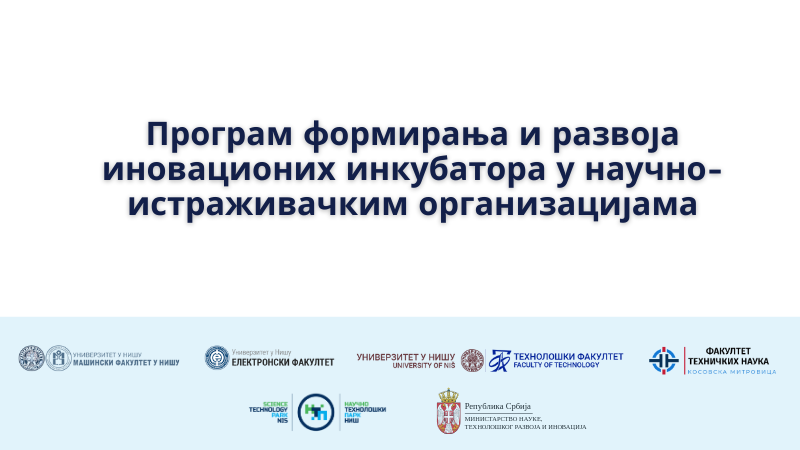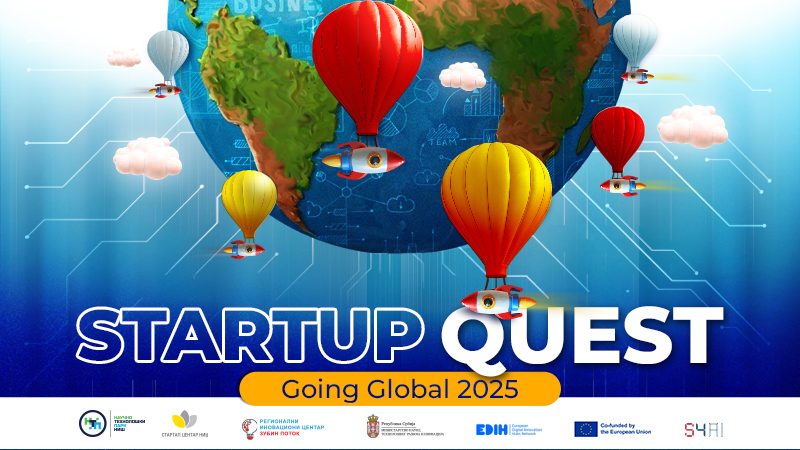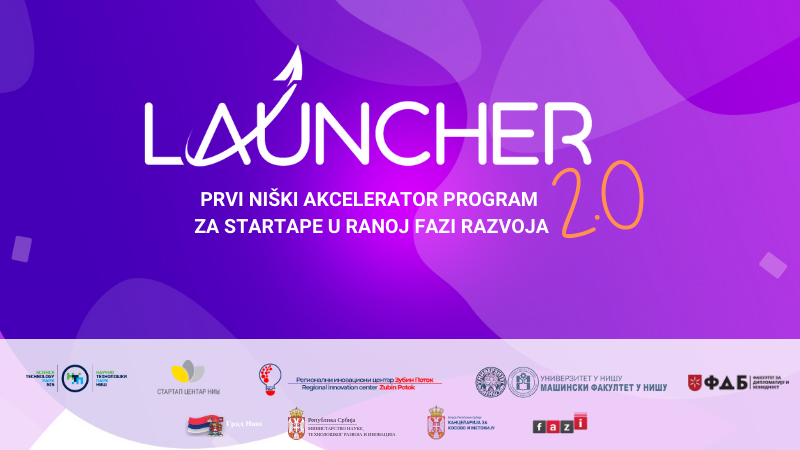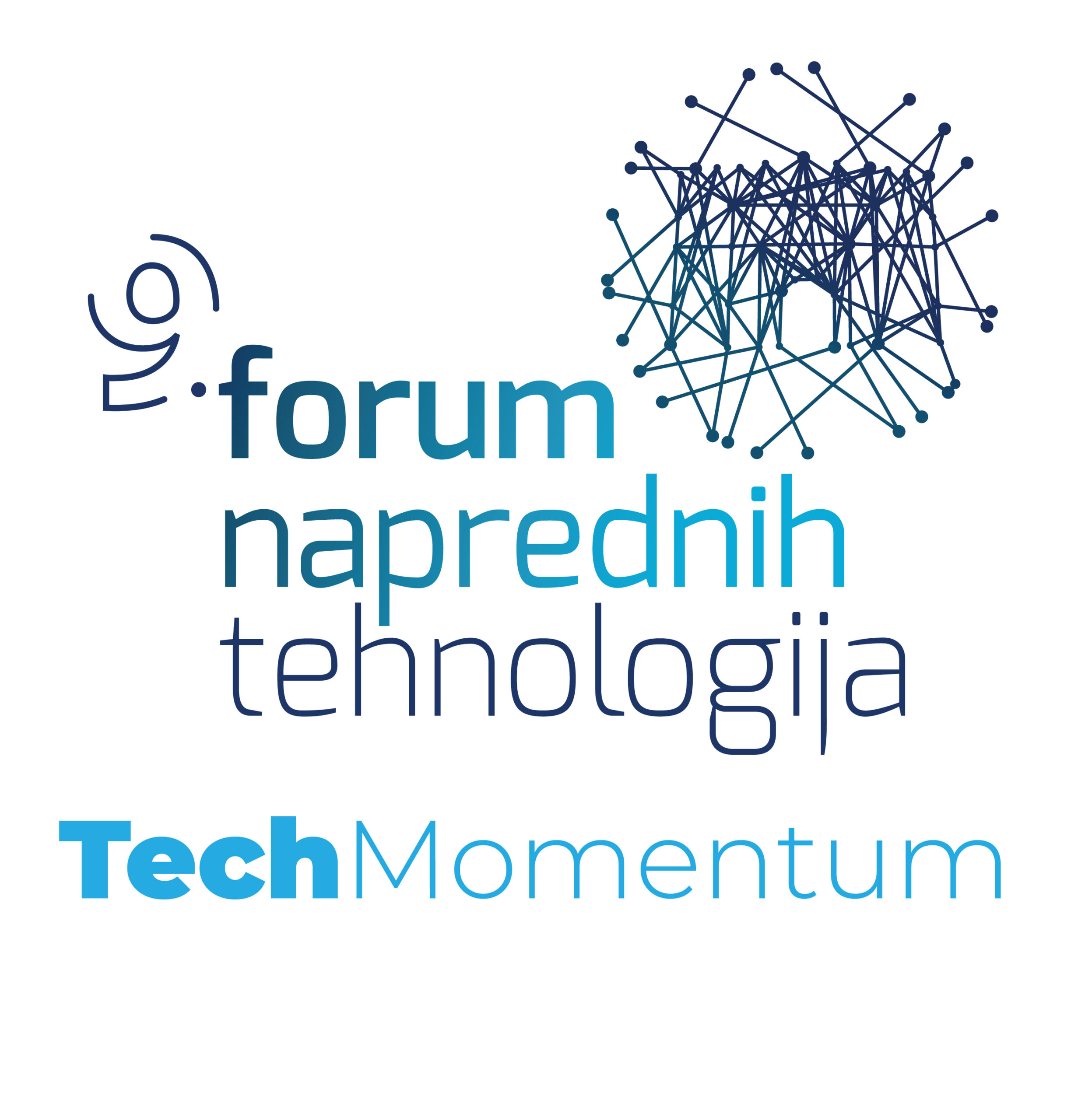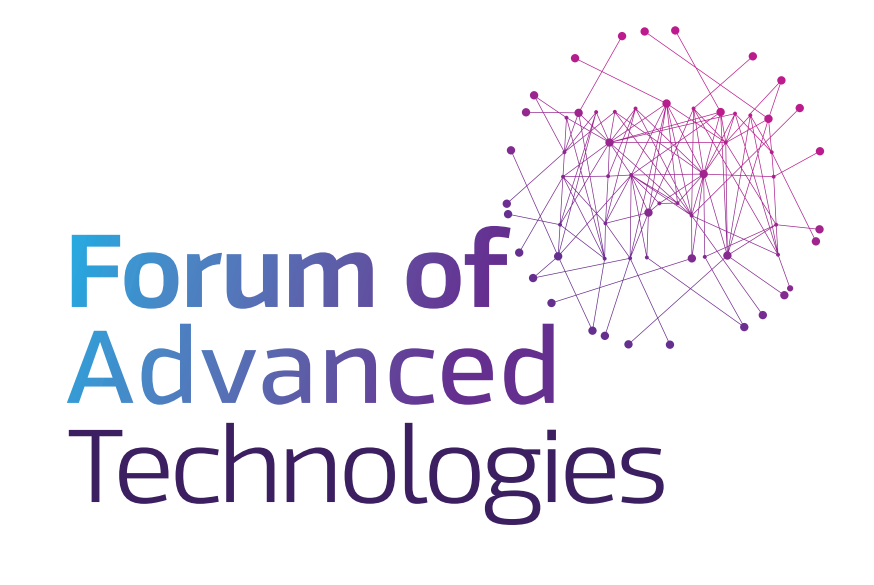Program name: Program for the Establishment and Development of Innovation Incubators in Scientific Research Organizations (SROs) in the Republic of Serbia
Project leader: Four projects where the leaders are: Faculty of Mechanical Engineering in Niš/Faculty of Electronic Engineering in Niš/Faculty of Technology in Leskovac/Faculty of Technical Sciences in Kosovska Mitrovica
Project partners: Science and Technology Park Niš
Project budget: Total value: 24,000,000.00 dinars: individually: 5,000,000.00 dinars/6,000,000.00 dinars/5,000,000.00 dinars/6,000,000.00 dinars
Financier: Innovation Fund
Project goal: The main objective is to establish and increase the capacity of an innovation incubator within SROs, with a special focus on supporting the development of startup teams and the commercialization of their innovative ideas. The project aims to foster multidisciplinary cooperation and networking between members of academia, startup teams, and industry, with the aim of improving the innovation ecosystem in the region.
Project activities which STP Niš is responsible for:
- Development and implementation of the Innovation Incubator Capacity Building/Development Program
- Development of a Work Methodology proposal
- Continuous provision of advisory and expert support to the incubator team during the implementation of project activities
